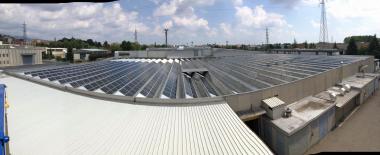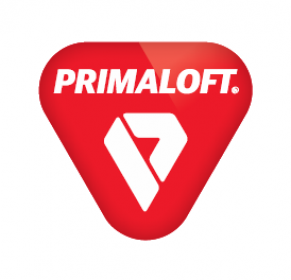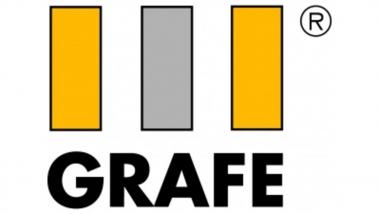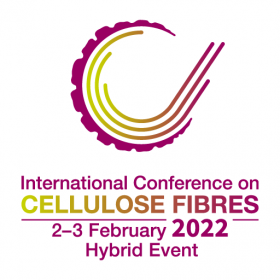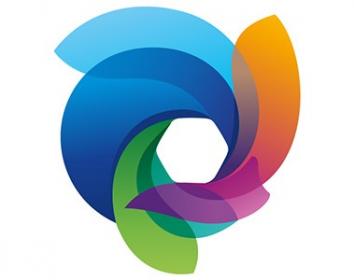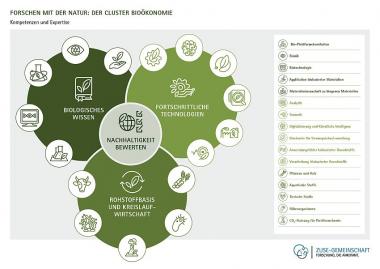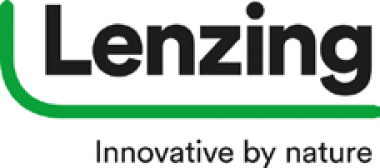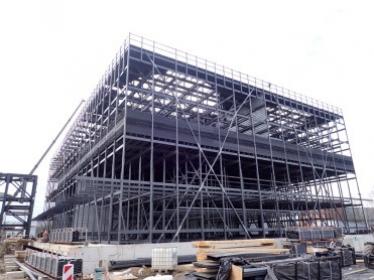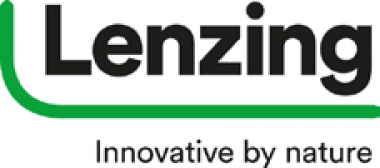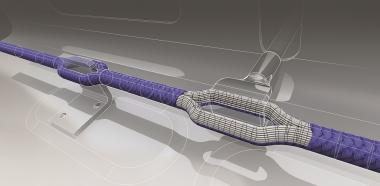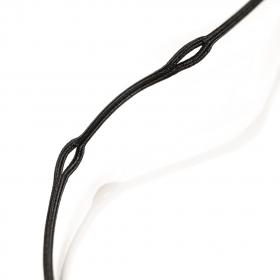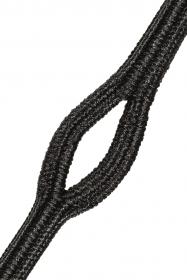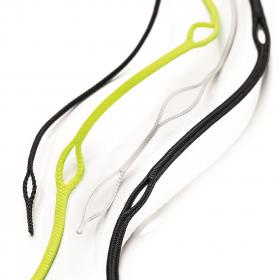TMAS members showcase sustainable finishing technologies
Members of TMAS – the Swedish textile machinery association – are proving instrumental in pioneering new sustainable processes for the dyeing, finishing and decoration of textiles.
The wasteful processes involved in these manufacturing stages are only one component in the development of viable circular supply chains for textiles that are now being established in Sweden.
At the recent Conference on Sustainable Finishing of Textiles, held across three separate afternoons on September 30th, October 1st and October 7th, delegates heard that Sweden will introduce extended producer responsibility (EPR) for waste textiles and clothing at the beginning of 2022, ahead of the adoption of a similar European Union-wide EPR system in 2025.
New fibers
Swedish companies are also active in the development of new fibers derived from waste clothing, building on the country’s legacy leadership in pulp and paper production.
At the Sustainable Finishing of Textiles Conference, however, it was said that all of the environmental gains made by such sustainable new fibers can potentially be cancelled out in the further processing they are subjected to – and especially in resource-intensive conventional dyeing, finishing and decoration.
TMAS members Baldwin Technology and Coloreel have both developed solutions to address this issue.
TexCoat G4
During the conference, Baldwin’s VP of Global Business Development Rick Stanford explained that his company’s TexCoat G4 non-contact spray technology significantly reduces water, chemistry and energy consumption in the finishing process. It consistently and uniformly sprays chemistry across a fabric surface and applies it only where needed, on one or both sides.
Instant coloring
Coloreel’s CEO Mattias Nordin outlined the benefits of his company’s technology which enables the high-quality and instant coloring of a textile thread on-demand and can be paired with any existing embroidery machine without modification. This enables unique effects like shades and gradient to be achieved in an embroidery for the first time.
TMAS Swedish Textile Machinery Association Baldwin Technology Company Inc. Coloreel Fibers Sustainability textile waste
TMAS / AWOL Media












